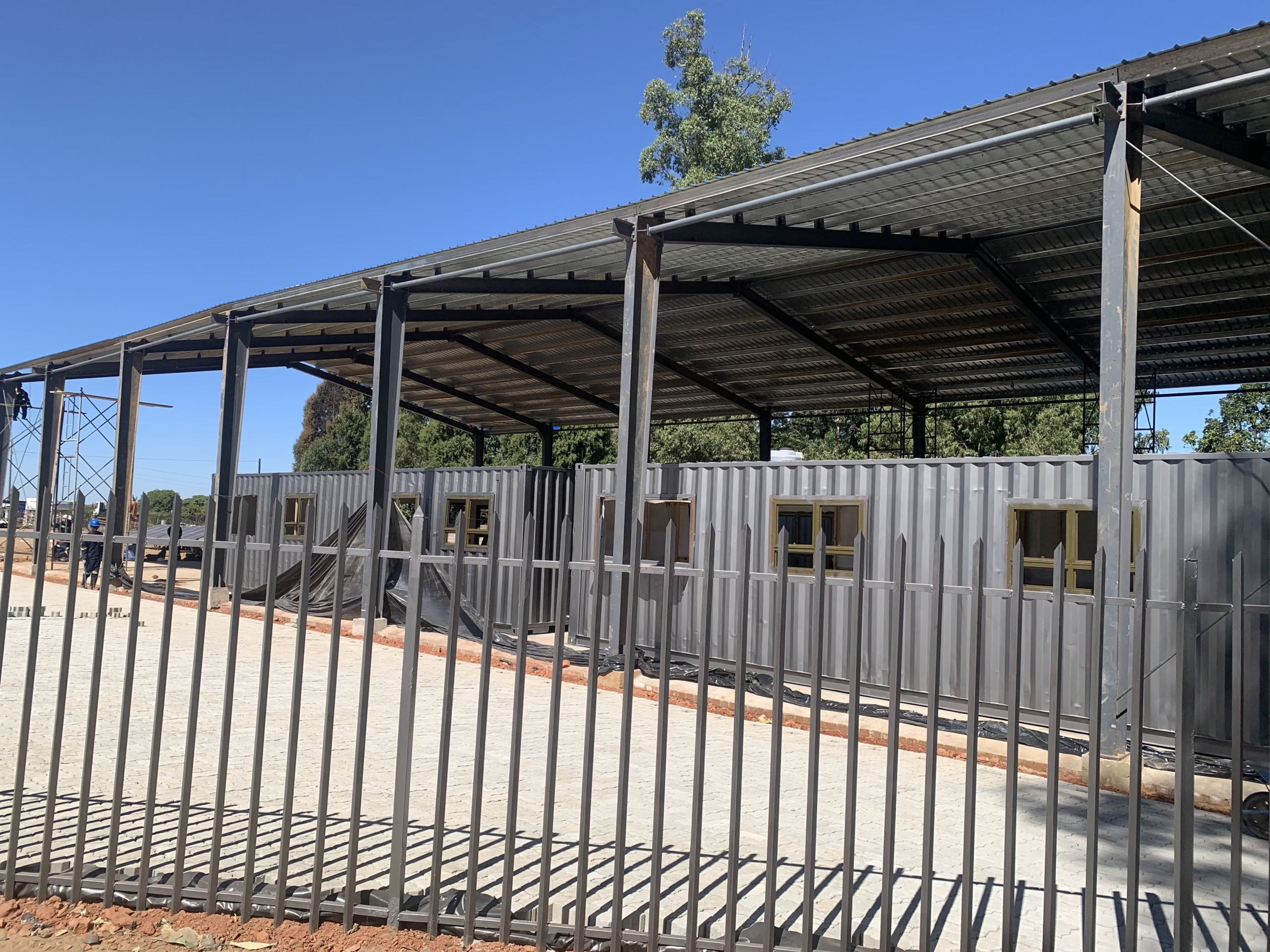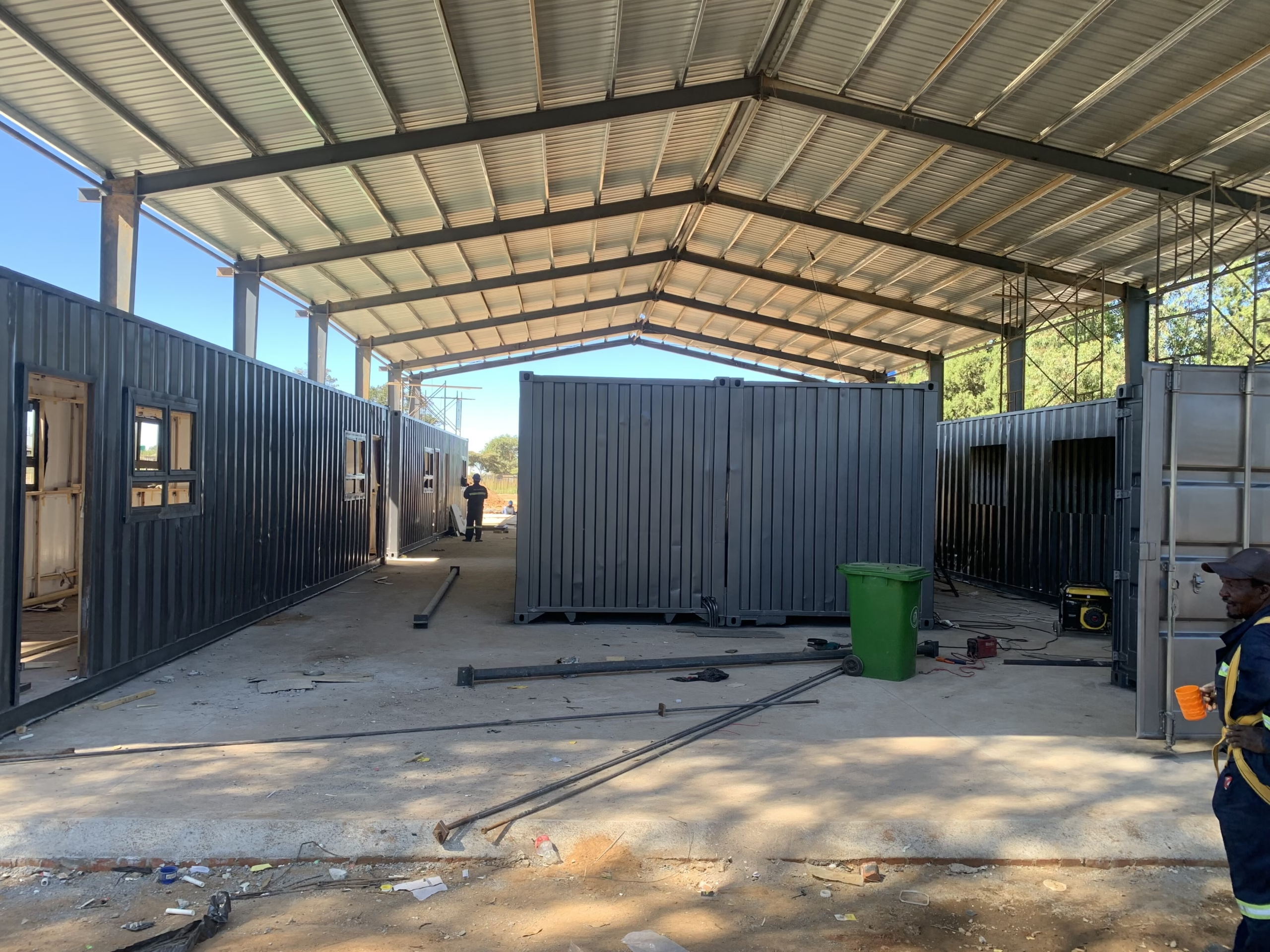Harare Sustainable City Initiatives: Promoting Carbon Neutral Urban Basic Services and Energy Efficient Built Environment
SIDA Zimbabwe has committed to support a transformative urban basic service project that will be used
to improve the living conditions of the urban poor and to serve as pilot demonstration to other cities.
Objectives:
The overall project objective is to provide better living condition to Harare citizens by increasing and
improving their access to sustainable waste to wealth services, clean energy provisions and to promote
energy and resource efficiency in Zimbabwe’s built environment. The project will showcase good examples of integrated sustainable waste management, resource recovery from waste, urban renewable energy generation for productive uses, and mainstreaming energy and resource efficiency into building policies and building practices. The project will demonstrate tangible sustainable zero waste practices, clean energy solutions and energy efficiency
principles to encourage replication and upscaling.
Specific objectives are:
1. To promote sustainable waste to wealth practices in the greater Harare
2. To increase access to clean energy by the urban and peri urban poor in Harare; and
3. To achieve energy and resource efficiencies in Zimbabwe’s built environment.
Target Beneficiaries:
The project main targets are the citizen of Harare with particular attention to the urban and peri urban poor.
Time: 4 years (2023-2026)
Lead Agency: UN-Habitat
Executing partners: Zimbabwe Sunshine Group; Green building Council of Zimbabwe; Soberlife
International; Swiss Resource Centre and Consultancies for Development (SKAT)
Key interventions:
Five locations have been identified in consultation with local partners for the implementation of the
project. These sites were allocated to Zimbabwe Sunshine Group by local government authorities for
processing municipal waste through material recovery. The sites are also used as waste transfer stations.
The project intends to strengthen these activities and upgrade the facilities with adequate and more
productive equipment and create better working conditions. These areas are located in low-income
neighborhoods not far from informal settlements. Under the project, each facility will be specialized in one or two sustainable waste processing categories including: (i) Material recycling plan (plastic, grass, paper, metal etc.), (ii) Biogas production plan, (iii) Compost production plan, (iv) Briquette production line, (v) Renewable energy technologies for energy generation and training centre, (vi) Production of climate resilient energy efficient building materials.
Outcome and Outputs:
1. Sustainable Waste to Wealth Practices in the Greater Harare
2. Increased Access to Clean Energy by the Urban and Peri-urban poor in Harare.
3. Achieved Energy and Resource Efficiencies in Zimbabwe’s Built Environment.

